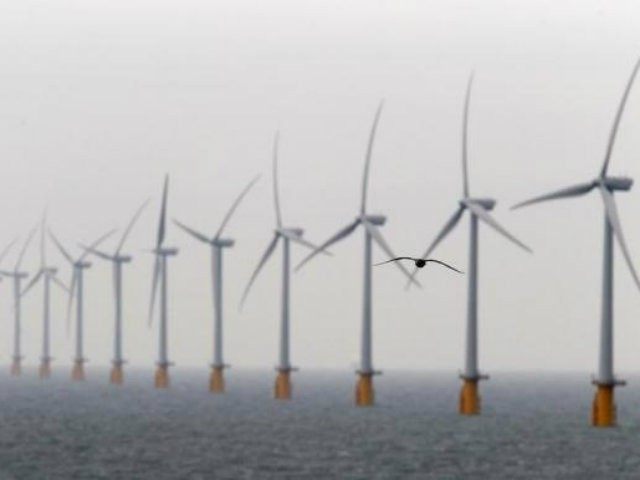The future of Germany’s base load power supply is now in doubt as non-renewable energy sources cannot compete against subsidies, Reuters reports.
German energy industry association BDEW has stated that the planned new-build coal and gas fired power stations are potentially unprofitable and investors are nervous as a result. They will compete not only against the subsidies regime that benefits the renewables sector but also harsh restrictions on carbon emissions.
The construction of up to 39 planned stations may now be in doubt, meaning Germany will face supply bottlenecks soon especially as its nuclear power will be completely phased out by 2022. BDEW estimates a loss of 16.7 gigawatts in base load supply by this date.
This adds to problems previously reported by Breitbart with renewable power sources causing instability in the German grid.
The UK energy industry has already experienced similar problems and offers a preview of what Germany will go through in the near future. The massive Longannet coal fired plant in Fife, is set to close early next year. It can currently supply up to two thirds of Scotland’s energy needs. However, it is now too costly to run, being hit from multiple angles by both the eco-lobby and eco-legislation.
Government carbon taxes are only one of the additional payments faced by the station. Labour also introduced a location-based transmission charging methodology in 2005 that now amounts to an extra £40 million cost. The mortal blow was struck however by the plant failing to win the contract to supply back-up for Scotland’s ever-growing fleet of wind turbines. The insanity of the UK’s energy policy is nowhere better illustrated.
Other first world nations, however, continue to push ahead with more sensible energy policies to ensure the lights stay on. Poland is adding another 4.6 gigawatts of coal-fired supply over the next four years. This is in spite of the EU’s Industrial Emissions Directive, the implementation of which had been delayed by Poland from 2016 to 2020. Japan meanwhile continues to embrace coal, pushing ahead with 43 projects in defiance of Kyoto protocol targets for emissions.
With competing nations such as Poland, Japan and India taking more realistic and longer views, perhaps it is time for both the UK and Germany to have a rethink.

COMMENTS
Please let us know if you're having issues with commenting.